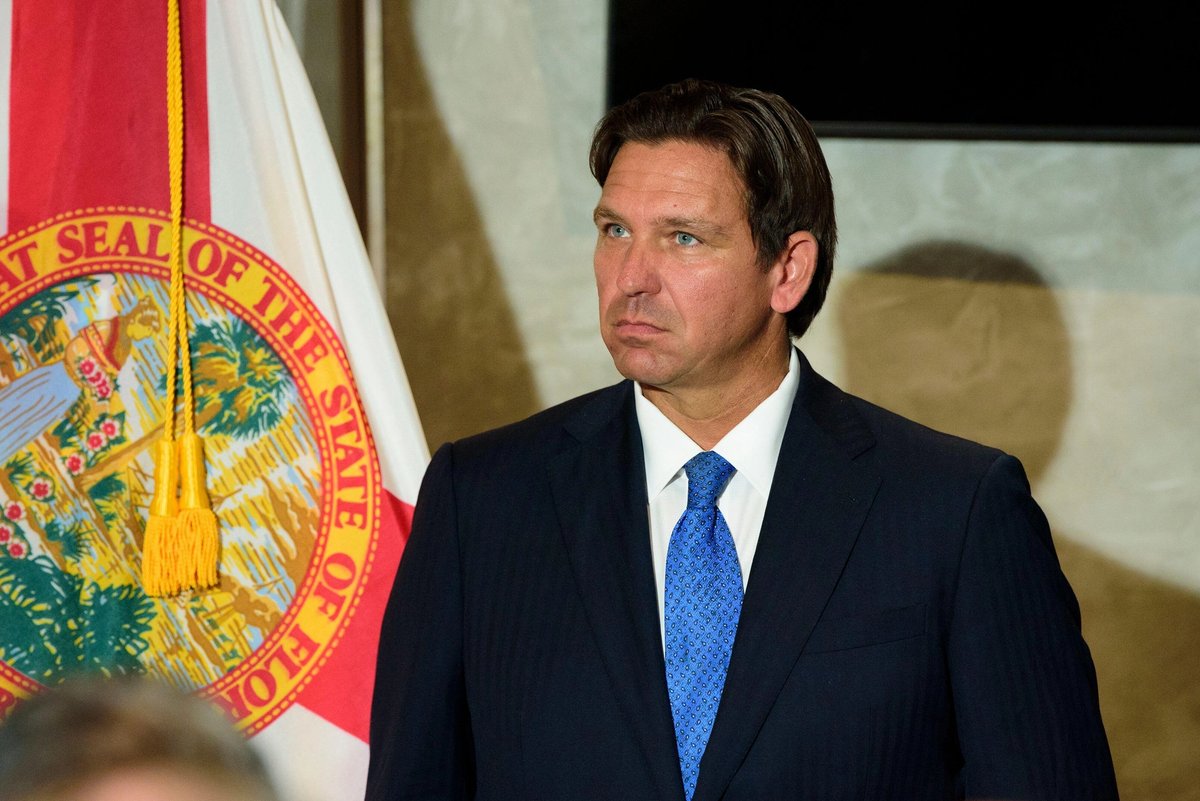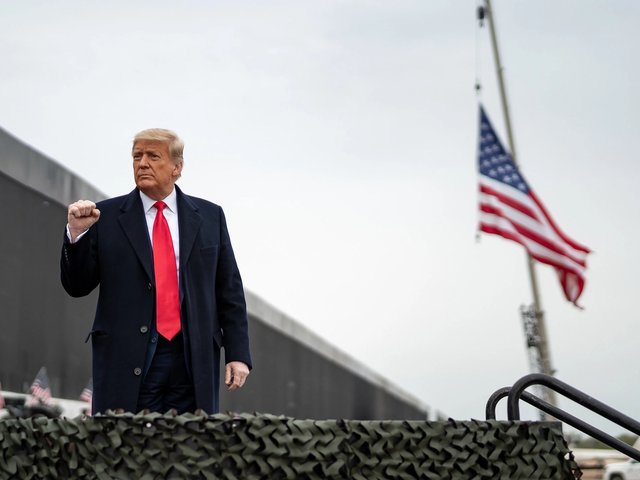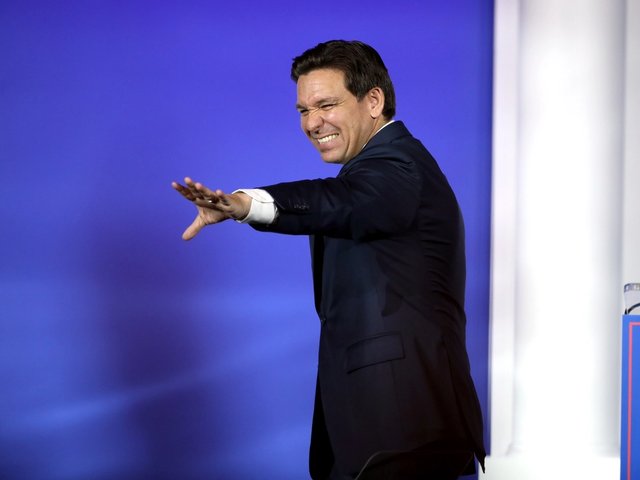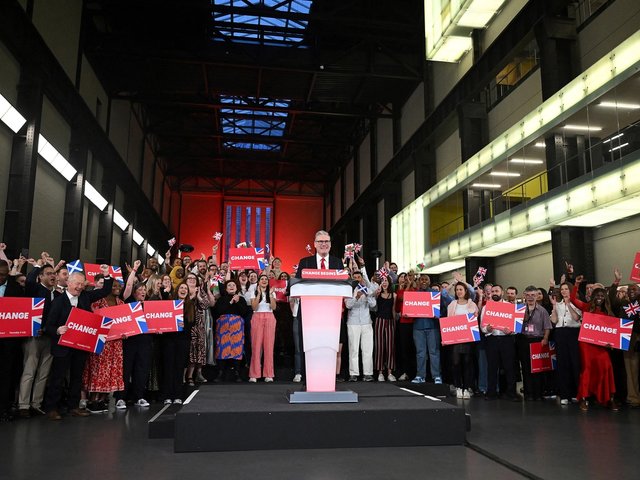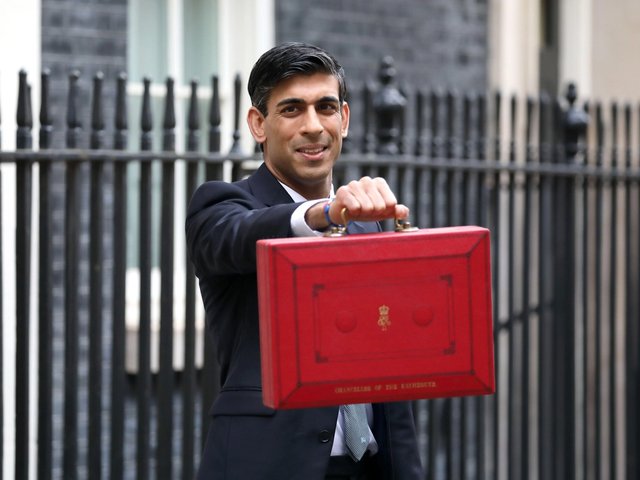In June, just before the start of the new fiscal year, governor Ron DeSantis stripped all $32m in state arts funding from Florida’s 2025 budget. Many institutions assumed they would receive at least a portion of the money they had applied for, as in past cycles. Instead, because of the governor’s last-minute veto, applicants including a children’s orchestra, a dance education programme and a Black history museum received nothing.
“We found out in July, without advance notice, that none of the money we had applied for was coming,” Ena Heller, the director of the Rollins Museum of Art in Orlando, says. The museum’s exhibitions for the year had already been scheduled and contracts signed. Luckily for this museum, which also receives private funding, the state grant was mainly for advertising. The museum will not have to cancel any planned shows, but it has had to restructure its advertising budget.
“Compared to other museums relying on state funding, we are not in danger of closing our doors,” Heller says, “But what if this repeats itself next year? For other Florida institutions, the situation could get as bad as having to close in the long run.”
A spokesperson for the Pérez Art Museum Miami, which relies on a mix of private and public funding, also expressed concern, though for now the museum will compensate for the cuts “by generating continued revenue from other sources, including individuals, foundations and various other channels”, the spokesperson says. “Additionally, we will strive to increase our income through admissions, our museum shop and our new digital sign [billboard].”
Smaller art centres are scrambling and, according to a report by the news site Prism, DeSantis’s veto will disproportionately affect queer and people of colour organisations. Diaspora Vibe Cultural Arts Incubator, for example, a Miami non-profit supporting Caribbean and Latin American artists, lost a $25,000 grant. “The impact of not having the funding in small communities is going to be detrimental to people’s quality of life,” Rosie Gordon-Wallace, the organisation’s founder and executive director, told Prism.
Commissioner, a Miami-based organisation that offers an alternative model for collecting and supporting local artists, posted a message on Instagram explaining how the lost funding will affect its operations. “Over the past six years, we’ve partnered with 32 organisations in South Florida,” the message states. “Thirteen of them just had their budgets cut by up to $150,000—cuts that often first impact education and communications initiatives.”
At a press conference explaining why he vetoed the funding, DeSantis targeted fringe festivals in Orlando and Tampa Bay—cornerstones of the central Florida arts community whose requests for 2025 represented 0.02% of the state arts budget. “You have your tax dollars being given in grants to things like the fringe festival, which is like a sexual festival where they’re doing all this stuff,” he said. “How many of you think your tax dollars should go to fund that?”
“What is tragic is the overall message this measure gives to all of us in the arts in Florida,” Heller says. “That the arts aren’t important, that we don’t count, that the already small budget doesn’t get cut due to lack of funds, but rather due to a reason the governor spelled out.”
Aside from state funding, many Florida arts organisations have depended on support from regional and national foundations, plus deep-pocketed collectors such as Martin Z. Margulies, Don and Mera Rubell, and Jorge Pérez—who criticised the governor over the veto. The new political scrutiny of arts funding comes at an increasingly censorious moment in the state, when school curricula and university programmes have been attacked under the auspices of DeSantis’s “war on woke”.


